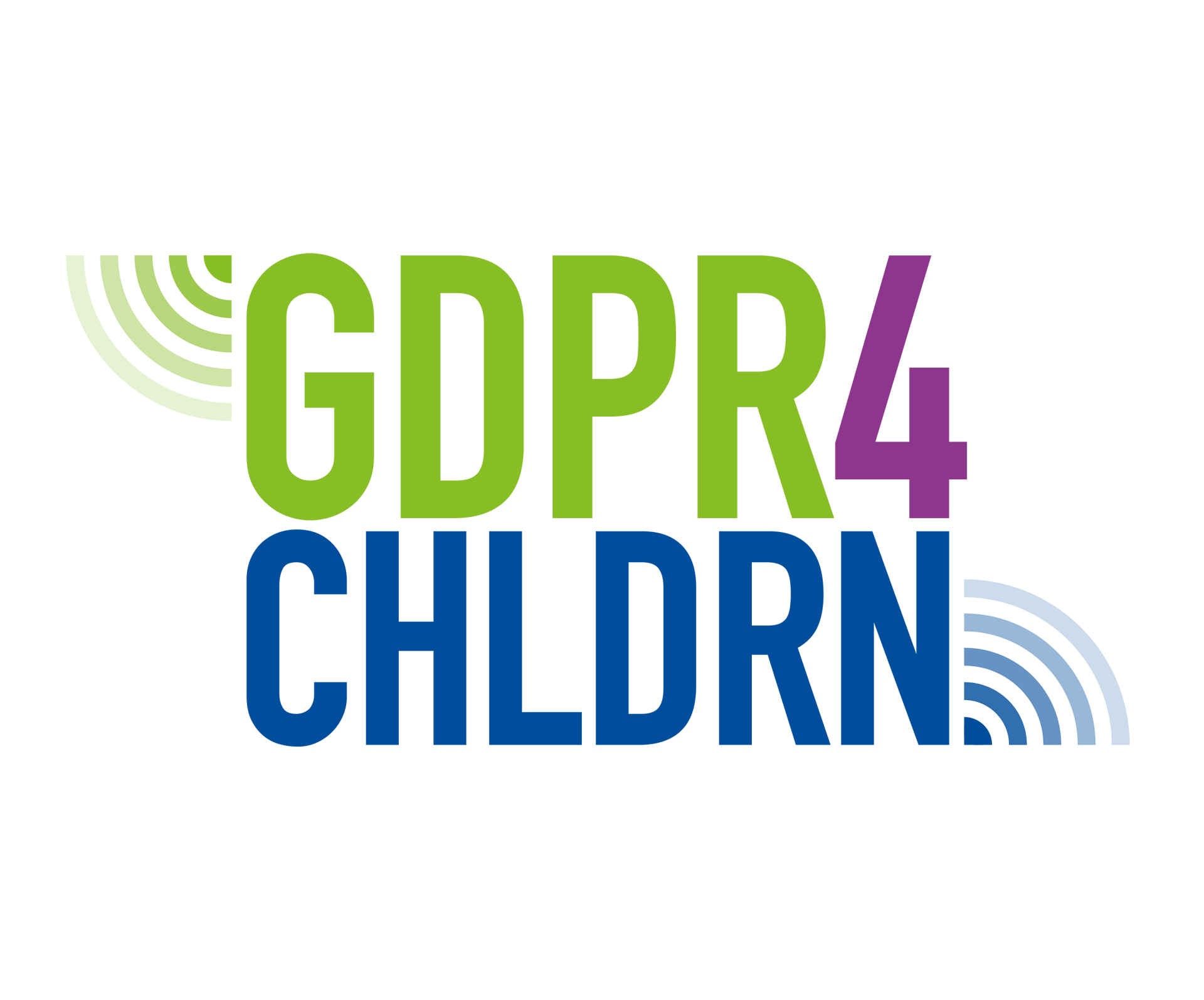What should I do if I think that there are errors in the data collected on my child?
What if you notice errors in the personal data concerning your child when the hobby organiser gives the data to you? You may also wonder whether the data includes something that the hobby organiser does not need to process. In addition, the hobby organiser may have stored data that was necessary at the time but has lost its relevance over time.
Such things can normally be rectified amicably with the hobby organiser. In some cases, however, you may need information on the rights guaranteed for you and your child in the GDPR. On the other hand, it could also be the case that the organiser has the right to process your child’s data even if the child or you as their custodian disagree.
Before even spotting the mistakes, you probably had to exercise the ‘right of access’ to the personal data, provided for in the GDPR. As a rule, you should receive the requested data within a month of the organiser receiving your request for access.
If the hobby organiser is not able to deliver the data to you or your child within the one-month time limit but needs a maximum of two months more, it should nonetheless inform of you this within a month of your request. In practice, you or your child should have received the information within three months of the request at the latest.
If you notice a possible error or inaccuracy in the data, you can submit a rectification or erasure request to the hobby organiser. In your request, you must also provide reasons why you want the data rectified, erased or completed. The scope of such justifications depends on the nature of the data being rectified. For example, updating an address is relatively simple, since all parties can agree that the data is inaccurate. Such requests do not require any justifications as such, and the matter can probably be fixed with a phone call or email.
However, the accuracy of some data is not as self-evident to all parties concerned. You could also want something added to the data, but the organiser may refuse because they do not consider the addition to be necessary in light of the nature of the hobby activity.
It could also be that you or your child want some data erased that the hobby organiser has the right or legal obligation to process. Storing a child’s personal identity code with their information could be an example. Personal identity codes may only be processed for a
justified reason. Many operators do not have a basis for processing personal identity codes, but the law requires some to request and store the personal identity codes of participants. In any event, the hobby organiser should be able to tell you or your child why it needs to process the data.
If they refuse to rectify or erase the data, you or your child have the right to obtain a written decision justifying why your demands were refused. You can then refer the decision to the Office of the Data Protection Ombudsman for investigation. The Data Protection Ombudsman then has the power to decide whether the hobby organiser’s decision was justified or whether it should agree to your demands.

